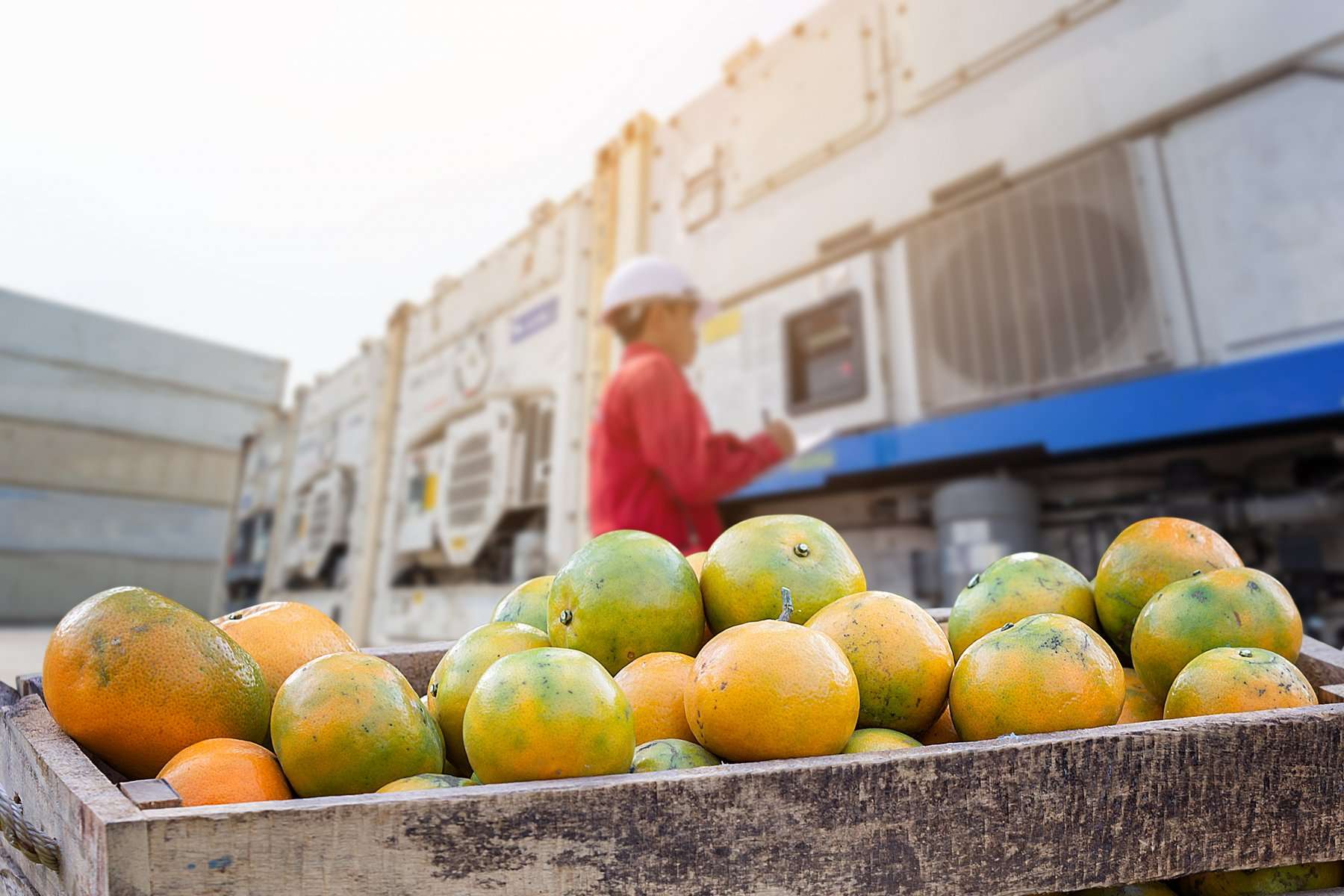How can we support existing successful marine projects collaborate with one another to reduce conservation silos and scale restoration efforts?
Based on learnings from our previous challenge ‘How can we hack existing marine regulations to accelerate ocean conservation and restoration?’, we’ve decided to delve deeper into what methods we’ve seen are demonstrating the greatest impact for ocean-based conservation work. It has become clear from listening to our partners that ocean governance is out-dated and is in need of greater consideration and flexibility. National policies require change, but just as important is the rigorous implementation and monitoring of these policies, to ensure they are adhered to. With little government resource to do this, we have observed that through involving local communities in the work, and connecting people to the ocean, projects can establish a sustained network for protection of the marine areas on their doorstep so that restoration work is protected for the future. This local connectiveness can bring power to influence more localised regulation change.



